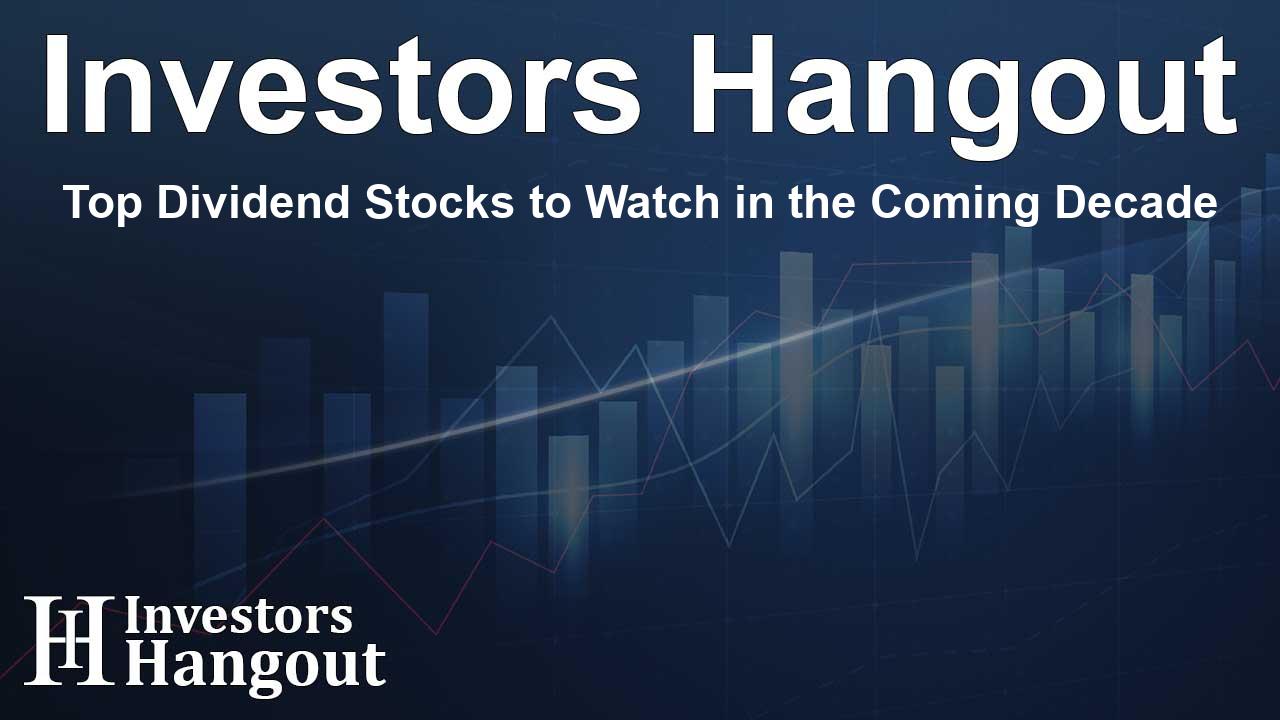Market Overview
The major U.S. stock market indexes are reaching notably high valuations, primarily fueled by excitement surrounding artificial intelligence (AI). Since late 2022, the S&P 500 index has surged approximately 51%, indicating a valuation reminiscent of pre-crash levels observed in the past.
The average stock within the S&P 500 is currently trading at a cyclically adjusted price-to-earnings (CAPE) ratio of around 35.2, which raises concerns among investors regarding future performance.
High Valuations: A Cause for Concern
The recent rise in the S&P 500 CAPE ratio has only been exceeded during two significant periods in the last four decades: during the late '90s internet boom and just prior to the market downturns of 2022. While a high P/E ratio doesn’t necessitate an immediate market correction, it does suggest that funds mirroring this index may face challenges in the upcoming decade.
Despite the S&P 500 nearing its record high, several undervalued stocks are poised to outperform. Among these, shares of Pfizer (NYSE: PFE) and AbbVie (NYSE: ABBV) both feature dividend yields exceeding 3%, presenting opportunities for income-focused investors.
1. Pfizer: A Strong Contender
Pfizer emerges as a leading dividend stock expected to outperform the S&P 500 in the years to come. Currently, shares of this pharmaceutical powerhouse yield a remarkable 5.8%.
Bolstering investor confidence, Pfizer raised its dividend for the 15th consecutive year last December. This consistent payout means that even without additional increases, investors can count on substantial passive income. Looking ahead, with numerous patent-protected drugs under development, quarterly dividends are likely to keep climbing.
The company made headlines in 2023 with its acquisition of Seagen for roughly $43 billion, enhancing its portfolio with four cancer therapies. Reasonably, sales from these products have already increased from about $2.6 billion to $3.3 billion annually, reflecting Pfizer's capability to drive growth.
Growth Potential
Management projects revenues from these therapies could surpass $10 billion by 2030, further enhanced by the FDA’s approval of nine new medicines in 2023. Currently, Pfizer boasts 65 experimental drugs in various stages of clinical testing, offering a promising outlook.
Pfizer's stock is trading at a low multiple of just 11 times its forward-looking earnings estimates. This suggests the company may have much more room for growth than reflected in its current valuation.
2. AbbVie: Future Earnings Growth
AbbVie represents another valuable dividend stock with a solid yield of 3.2%. Although its yield does not match Pfizer's, it holds considerable potential for future increases.
Despite a recent 9% year-over-year decline in adjusted earnings, AbbVie is not one to overlook. The company's challenges stem primarily from its blockbuster drug, Humira, losing patent protection in the U.S., leading to a significant revenue drop.
However, AbbVie has invested wisely in new product development, which resulted in a 4.3% increase in second-quarter revenue. Its new leading drug, Skyrizi, already generates $10.9 billion in annual sales. Coupled with the positive performance of Rinvoq, AbbVie anticipates strong combined sales exceeding $27 billion by 2027 from these products alone.
Strategic Positioning
Moreover, AbbVie’s ownership of Botox enhances its growth prospects, as this product has gained popularity not only for cosmetic uses but also as a therapeutic treatment. With shares trading at around 17.9 times forward earnings, AbbVie stands out among its pharmaceutical peers for its robust growth potential.
Investing in the Future
Before making decisions regarding stock purchases, particularly in high-yield stocks like Pfizer, it is crucial to consider a well-rounded investment strategy. Broad diversification across various sectors can help mitigate risks and enhance returns over time.
As the market evolves, companies like Pfizer and AbbVie are likely to provide both reliable dividends and opportunities for capital appreciation, thereby improving the chances of outperforming traditional benchmarks like the S&P 500 in the near future.
Frequently Asked Questions
What are the key reasons for Pfizer's positive outlook?
Pfizer’s significant dividend yield, ongoing drug developments, and successful acquisitions position it favorably for future growth.
Why should I consider investing in AbbVie?
AbbVie's robust product lineup, including Skyrizi and Rinvoq, along with its established dividends, make it an attractive prospect for long-term investors.
How do high P/E ratios affect market predictions?
High P/E ratios can indicate overvaluation, which may lead to lower long-term performance expectations compared to historical trends.
What do the growth forecasts suggest for these stocks?
Both Pfizer and AbbVie are expected to benefit from new products, with growth projections indicating strong revenue increases in the coming years.
What is a good strategy for investing in dividend stocks?
Diversification and focusing on companies with a history of increasing dividends can help ensure a steady income stream while participating in capital appreciation.
About Investors Hangout
Investors Hangout is a leading online stock forum for financial discussion and learning, offering a wide range of free tools and resources. It draws in traders of all levels, who exchange market knowledge, investigate trading tactics, and keep an eye on industry developments in real time. Featuring financial articles, stock message boards, quotes, charts, company profiles, and live news updates. Through cooperative learning and a wealth of informational resources, it helps users from novices creating their first portfolios to experts honing their techniques. Join Investors Hangout today: https://investorshangout.com/
Disclaimer: The content of this article is solely for general informational purposes only; it does not represent legal, financial, or investment advice. Investors Hangout does not offer financial advice; the author is not a licensed financial advisor. Consult a qualified advisor before making any financial or investment decisions based on this article. The author's interpretation of publicly available data shapes the opinions presented here; as a result, they should not be taken as advice to purchase, sell, or hold any securities mentioned or any other investments. The author does not guarantee the accuracy, completeness, or timeliness of any material, providing it "as is." Information and market conditions may change; past performance is not indicative of future outcomes. If any of the material offered here is inaccurate, please contact us for corrections.
